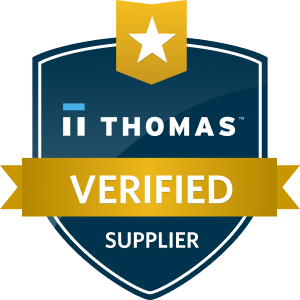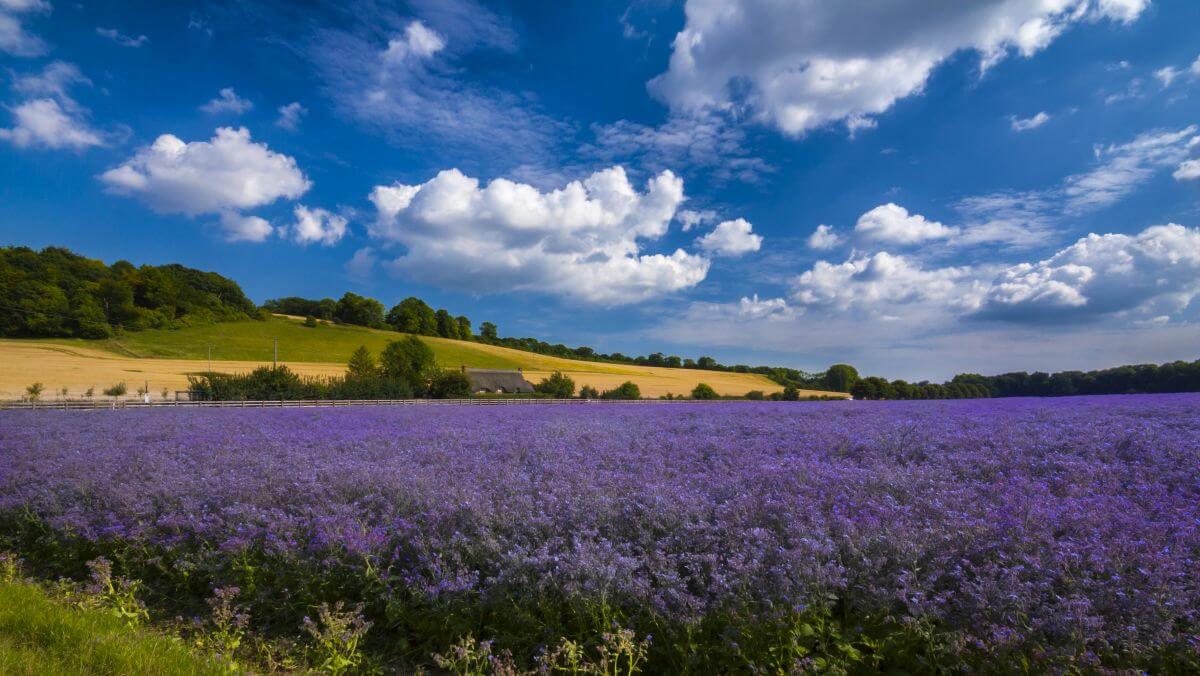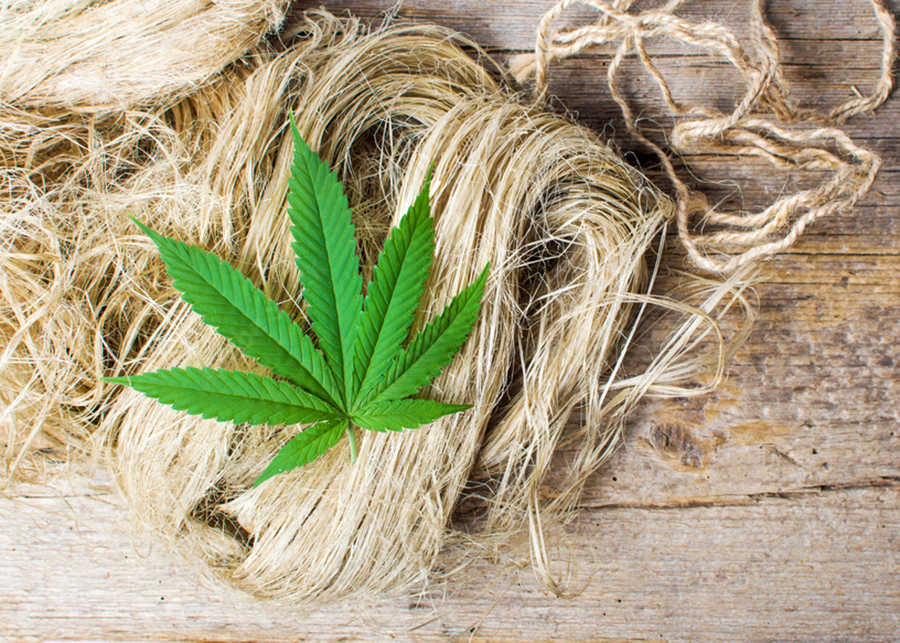An Environmental Mindset
Responsibly handling resources and managing energy is a key component of our corporate philosophy. Our continued work to adhere to environmental laws, while continuing to develop our technology and the impact it has on the environment will continue to be a major part of our company’s development.
During our production process, it is important for us to have a considerate handling of raw materials that are running short. We do not only focus on the spunlace technology – that can manage without chemical binders, but also the processing and reutilization of the required water.
Water
Water Process
A contributing factor in the selection of the location for the US Facility in Mills River, NC, was the water quality, which is a vital component to our production process. During wet solidification, the substances contained in the fibers (e.g., textile lubricants) are rinsed and filtered out of the water through a multi-stage filtration process.
The water treatment takes place exclusively with the water treatment agents approved for drinking water. Water treatment agents are eliminated from the water during the filtration process. On a range-based criteria up to 90% of the process water used is purified and returned to the solidification process.
Waste Water
The wastewater is subjected to regular checks by our internal laboratory, as well as by the competent authorities. Wastewater produced is quantitatively measured, partially treated, filtered, and in a controlled manner returned to the public sewer network.
Raw Materials
With our longtime suppliers, we set value on:
- Consistent excellent quality
- Retraceable and reliable delivery sources
- Effective and short supply chains
- Appropriate labeling giving information about origin and production of gray goods
- Compliance with ethical principles and the conformity with our Code of Conduct
- Denouncement of animal testing
- Procurement from sustainable sources or the cultivation under stable price development
We pay attention to the following labels/conformities when procuring our raw materials:
- REACH compliancy
- viscose from sustainable managed forests according to the FSC™-Standards for sustainable forestry
- use of predominantly STANDARD 100 by OEKO-TEX® certified fibers
For nonwovens made of 100 % viscose, we do also provide product-related food grade certificates.
Renewable Raw Materials
The use of renewable raw materials is important to us in terms of sustainability of our production chain. It is not only the use of gently produced (natural) fibers being in the foreground, but also the sustainability of the entire value chain with regards to procurement, storage, production, functionalization, and packing of nonwovens as well as the prevention of waste and its recirculation and finally the transport of the raw materials.
We look for alternatives to man-made fibers and the resultant nonwovens. We develop functional materials with further developed features that are not only multi-usable, but also biodegradable at the end of their lifecycle.
Pay attention to our brand
Renewable raw materials already processed at Norafin are for example:
- Viscose
- Lyocell
- Flax
- Hemp
- Sheep Wool
- PLA
New fibers can be tested and verified in cooperation with our Research & Development department.
Residues
In terms of sustainability the goal is to dispose waste of secondary materials as little as possible. These materials are sold to private end customers as well as to commercial customers. To make an optimal recycling process cooperatively sustainable, certain by-products are bought back by fiber suppliers for fiber recovery. In compliance with quality requirements internal by-products are, by means of a special tearing process, processed into recycled fibers and returned to selected products.






















